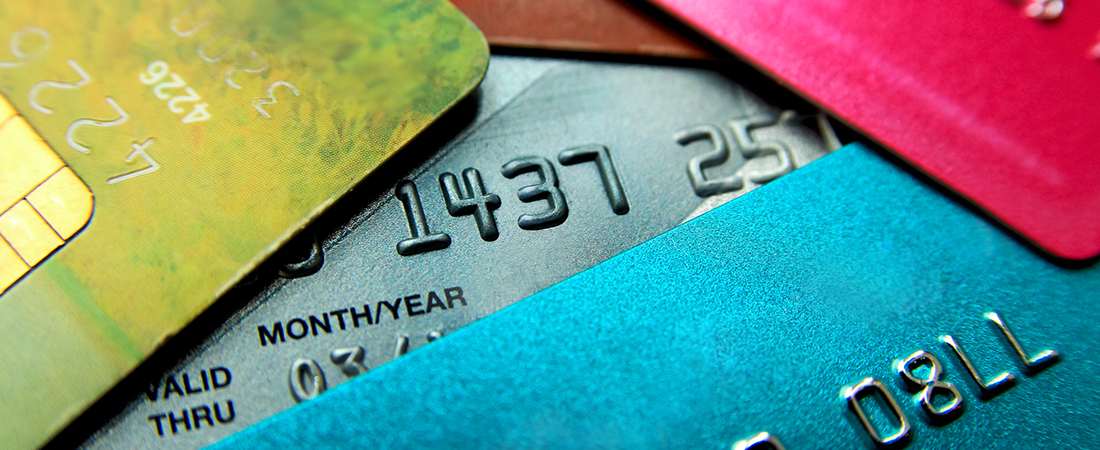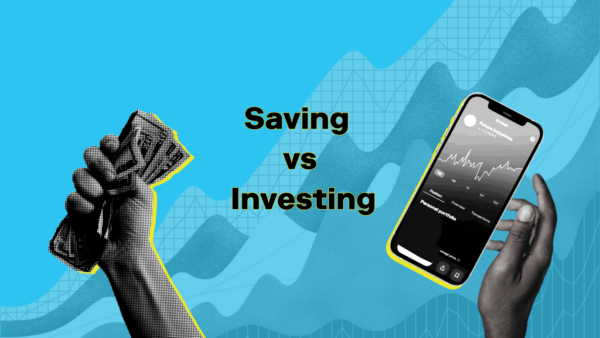Jul 20, 2017
(Don’t) Charge it! Stop Using Your Credit Card For These 5 Things
Approach these five types of credit card spending with extreme caution.

There’s no denying it — a credit card can make your financial life a lot easier. We use them daily for online purchases, to fill up our gas tanks or buy groceries, as well as for eliminating the need to carry cash.
But for many of us, the conveniences of credit cards are often overshadowed by mounting debt, the kind that builds up, almost without warning. Interest rates can skyrocket and late fees can add up taking your budget into the danger zone.
Here are five types of spending that you should approach with extreme caution.
Cash withdrawals
A credit card can be used to withdraw cash at almost any ATM. While this can be a lifeline in an emergency, it’s not a great idea to make this a habit.
Most card issuers charge far higher interest rates for cash withdrawals than for purchases.
Most card issuers charge far higher interest rates for cash withdrawals than for purchases, as well as often levying a fee for every transaction. In short, this can an extremely expensive way of obtaining cash. Use your regular bank card whenever possible if you need access to ready cash.
Credit card checks
The same goes for those blank checks you may receive through the mail from your card issuer. They can be used like any regular check, letting you make payments to companies or people, but they suffer from the same cost issues as cash withdrawals – and they can even be more expensive.
Despite their convenience, these checks should only be used in an emergency when no other payment option is available.
Paying everyday bills
Although a credit card may be an easy way to pay a bill, unless you clear your balance at your next statement, you’ll be charged interest on the transaction. If you pay most of your everyday bills with your card, and don’t settle your account each month, your cost of living will rise significantly.
Worse, if you find yourself relying on credit to pay for day-to-day expenses, it’s a sure sign that you have deeper budget problems which need addressing.
Repaying other debts
It’s almost always a bad idea to use one type of debt to service another. Credit cards are among the most expensive types of borrowing available, and it makes no financial sense to use this costly finance to make payments on cheaper debt.
Again, if you find you need to use a credit card to avoid missing payments on other borrowing, it’s a certain indicator that your finances are in trouble.
Impulse purchases
Lastly, credit cards can make it all too easy to buy an expensive item that catches your eye, only to regret the extravagance when your statement arrives. If you carry the cost over to your next statement, those sunglasses or sneakers can become a lot more expensive because of interest charges.
Over time all this “fun” spending can quickly add up to a significant debt burden.
Stash Learn Weekly
Enjoy what you’re reading?
[contact-form-7 id="210" title="Subscribe" html_id="default"]Used wisely, credit cards can be an invaluable addition to your daily financial life. However, you could easily find serious problems building up before you realize quite how deep a hole you’ve dug for yourself.
Related Articles

Saving vs. Investing: 2 Ways to Reach Your Financial Goals

How to Save Money: 45 Best Ways to Grow Your Savings

How to Set Up an Emergency Fund

Credit Cards vs. Debit Cards: The Differences Can Add Up

How Much of Your Paycheck Should You Save?

How To Stop Impulse Buying





